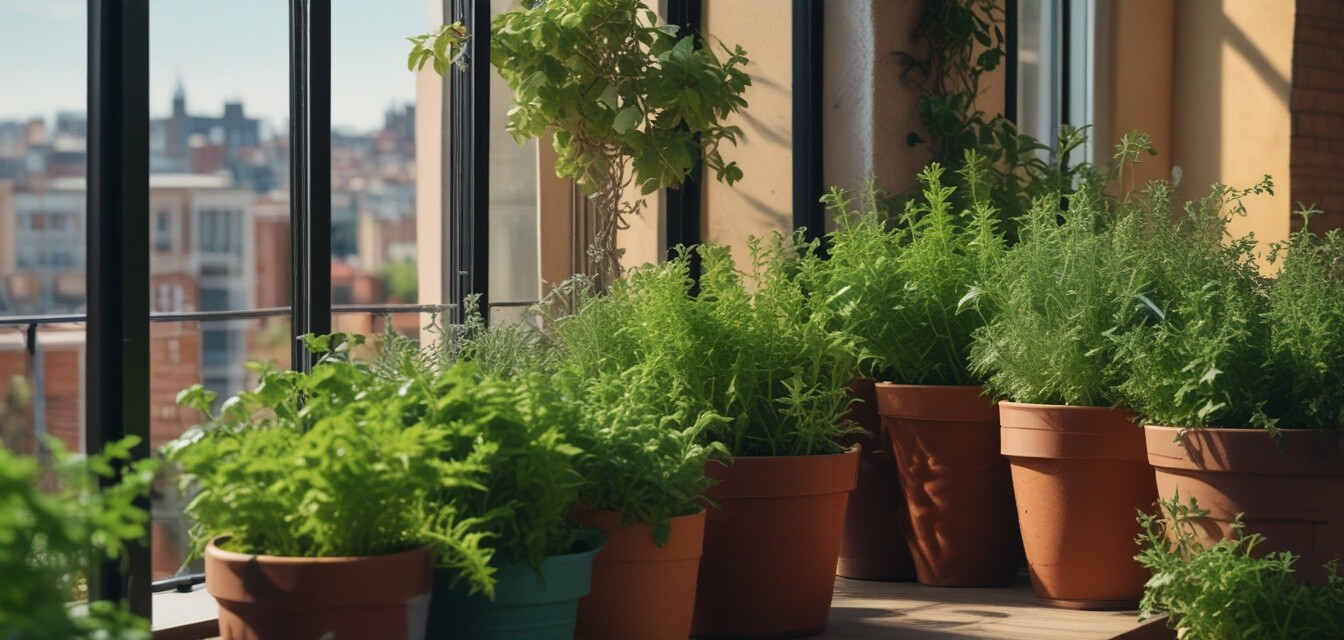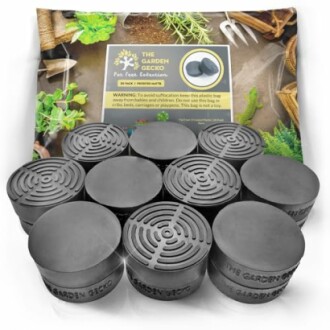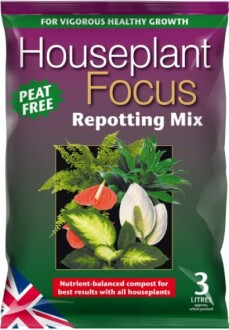
Growing Herbs in Container Gardens
- Choosing the right containers can enhance drainage and growth.
- Many herbs thrive in sunny spots; aim for 6-8 hours of sunlight daily.
- Quality potting mix and regular watering are essential for vibrant and healthy herbs.
- Rotate and harvest herbs regularly to promote growth and flavor.
If you love cooking, gardening, or simply enjoying the fresh fragrance of herbs, growing herbs in container gardens is an ideal solution for urban dwellers and balcony gardeners. Container gardening allows you to cultivate a variety of herbs without the need for extensive outdoor space while also adding beauty to your balcony. This article covers best practices for selecting and maintaining your herbal plants in containers, ensuring a fragrant and flavorful balcony garden.
Why Grow Herbs in Containers?
Growing herbs in containers offers numerous benefits:
- Space-efficient: Perfect for patios, balconies, or even small kitchens.
- Mobility: Easily move containers to optimize sunlight and protect them from harsh weather.
- Controlled environment: Manage soil, drainage, and nutrients more effectively.
Selecting the Right Containers
When choosing containers for your herbs, keep the following in mind:
| Container Type | Pros | Cons |
|---|---|---|
| Plastic | Lightweight, affordable, and available in various sizes | Poor insulation and can heat up quickly |
| Clay | Provides better insulation and a classic look | Heavy and can dry out quickly |
| Metal | Modern design and durable | Can overheat, potentially harming plant roots |
| Wood | Aesthetic appeal and good insulation | Can rot if not treated properly |
Best Herbs for Container Gardening
Some of the best herbs for container gardening include:
- Basil: Needs at least 6-8 hours of sunlight.
- Parsley: Grows well in partial shade and regularly watered soil.
- Thyme: Drought-tolerant and thrives in sunny conditions.
- Oregano: Requires good drainage and plenty of sunlight.
- Rosemary: Prefers a hot, sunny spot with well-drained soil.
Maintaining Your Herbs
Well-maintained herbs lead to better flavor and growth. Here are some tips:
Watering
Generally, herbs should be watered when the top inch of soil feels dry. Avoid overwatering as it can lead to root rot.
Fertilizing
Use a balanced, water-soluble fertilizer every few weeks during the growing season for optimal growth.
Pruning
Regularly prune your herbs. This encourages bushier growth and prevents them from flowering too early.
Product Recommendations
To help you get started with growing herbs in container gardens, consider using some essential products:
Garden Gecko Invisible Pot Feet
Ensure your pots are elevated without fuss. These solid rubber pot risers have a unique design for excellent grip, making them perfect for your balcony garden.
Learn MoreHouseplant Focus Repotting Mix
A premium peat-free compost designed for indoor plants that ensures your herbs receive the best care for growth and development.
Learn MoreCommon Issues and Solutions
While growing herbs in containers, you may face a few challenges. Here are some common issues and solutions:
- Pest problems: Use insecticidal soap or neem oil for treatment.
- Yellowing leaves: This can indicate overwatering or lack of nutrients; adjust your watering habits and fertilization accordingly.
- Leggy growth: Insufficient light; adjust your containers to maximize sunlight exposure.
Conclusion
Growing herbs in container gardens not only enriches your cooking experience but also spices up your indoor and outdoor spaces. By following best practices for selecting containers, maintaining your herbs, and utilizing quality products, you can enjoy fresh, aromatic herbs right at your fingertips. Explore our resources on herb gardens and container gardening for more tips!

